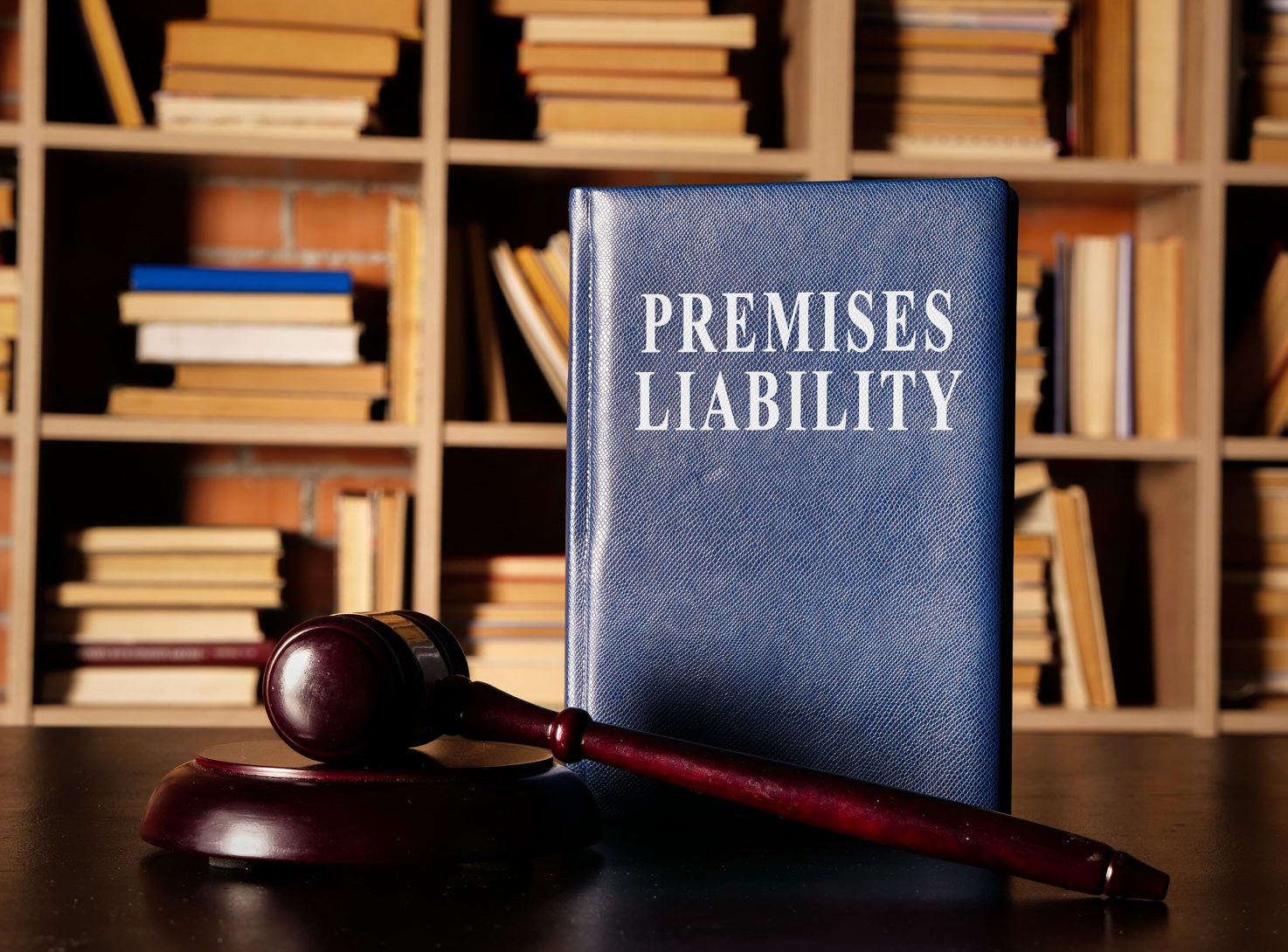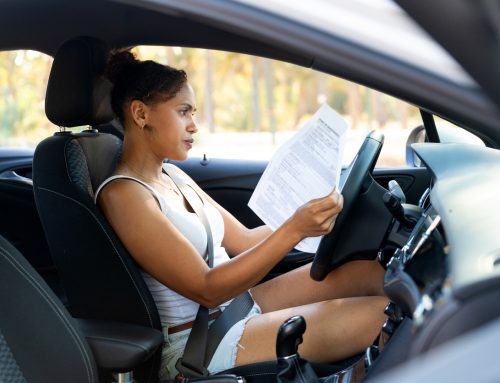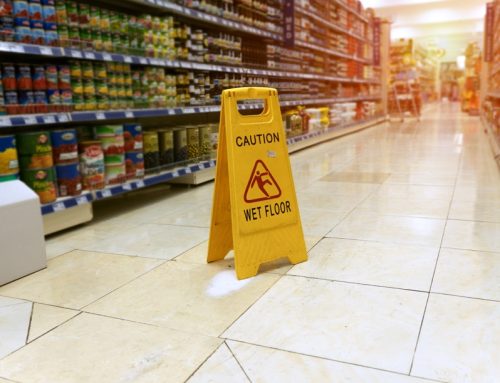Imagine walking into a grocery store, excited to grab ingredients for dinner, when suddenly you slip on a puddle of spilled milk. No warning signs, no employee rushing to clean it up—just you on the floor, bruised and in pain. This is a classic example of a premises liability case, and it could significantly affect your ability to recover compensation for your injuries. Let’s dive into what premises liability means and how it can shape your personal injury claim.
What Is Premises Liability?
Premises liability is a legal concept that holds property owners and managers accountable for maintaining a safe environment for visitors. When they fail to do so, and someone gets hurt as a result, they may be held liable for the injuries.
Examples of Premises Liability Cases
- Slip-and-Fall Accidents: Spilled liquids, icy sidewalks, or uneven flooring.
- Dog Bites: A property owner’s failure to control an aggressive pet.
- Unsafe Building Conditions: Faulty stairs, poor lighting, or exposed wiring.
- Negligent Security: Inadequate lighting or lack of security measures in high-risk areas leading to assault or injury.
If you’ve experienced any of these scenarios, you may have a premises liability claim.
How Premises Liability Works
Property Owner’s Duty of Care:
Every property owner has a responsibility to ensure their premises are safe. This responsibility varies depending on the visitor’s status:
- Invitees: People invited onto the property (e.g., customers in a store). The owner owes them the highest duty of care.
- Licensees: Social guests or others on the property with permission. The owner must warn them of known dangers.
- Trespassers: Even uninvited individuals are owed a basic duty of care, especially children, under certain conditions.
Proving Premises Liability
To hold a property owner accountable, you’ll need evidence such as:
- Photos of the hazardous condition.
- Witness statements.
- Maintenance or repair records showing negligence.
You must also prove that the property owner knew or should have known about the danger and failed to address it.
How Premises Liability Can Affect Your Injury Case
Determining Fault
One of the most critical aspects of your case is proving that the property owner’s negligence caused your injury. For example, if they ignored a recurring safety hazard, they could be held liable.
Impact on Compensation
Premises liability influences the amount of compensation you can receive, which may include:
- Medical expenses.
- Lost wages due to missed work.
- Pain and suffering.
However, if you share some blame for the accident (e.g., texting while walking), your compensation could be reduced under comparative negligence rules.
Dealing with Insurance Companies
When you file a premises liability claim, one of the first steps is dealing with the property owner’s insurance company. While they may seem cooperative at first, it’s important to remember that insurance adjusters work for the insurance company, not for you. Their goal is to minimize payouts and protect the company’s bottom line, which means they may employ several tactics to reduce or deny your claim.
Common Tactics Insurance Adjusters Use
- Disputing Liability: Adjusters might argue that the property owner wasn’t negligent or that they had no way of knowing about the hazard in question. For instance, they might claim:
- The dangerous condition was too recent for the property owner to address.
- The hazard was caused by another visitor, not the owner or their employees.
- You should have seen and avoided the danger.
- Example: If you slipped on a wet floor, the adjuster may say the spill just happened, and the owner didn’t have enough time to clean it up.
- Downplaying Your Injuries: Adjusters often question the severity of your injuries to justify offering a lower settlement. They may request excessive medical records, suggest pre-existing conditions caused your pain, or claim your injuries are unrelated to the accident.
- Example: If you injured your back in a fall, they might argue that an old sports injury is the real cause of your pain, not the incident on their client’s property.
- Shifting Blame: Adjusters may use comparative negligence laws to argue that you were partially or fully responsible for the accident. If they succeed, they can reduce your compensation or deny your claim entirely.
- Example: If you were looking at your phone when you tripped, they might argue your distraction contributed to the fall, even if a dangerous condition existed.
The Role of Reid Law Group in Premises Liability Cases
If you’ve been injured on someone else’s property, Reid Law Group can be your greatest ally.
- Investigating the Incident: We will gather critical evidence, interview witnesses, and even consult with experts to build your case.
- Building a Strong Case: Our lawyers will work to prove negligence by demonstrating how the property owner failed in their duty of care.
- Negotiating with Insurance Companies: Our skilled attorneys know how to deal with insurance adjusters and won’t settle for less than you deserve.
Premises liability cases are complex, but understanding the basics can empower you to take the right steps after an injury. If you’ve been hurt due to a property owner’s negligence, don’t try to navigate the legal maze alone.
Contact the experienced team at Reid Law Group today. We’ll fight to ensure your rights are protected and help you get the compensation you need to move forward with your life.







